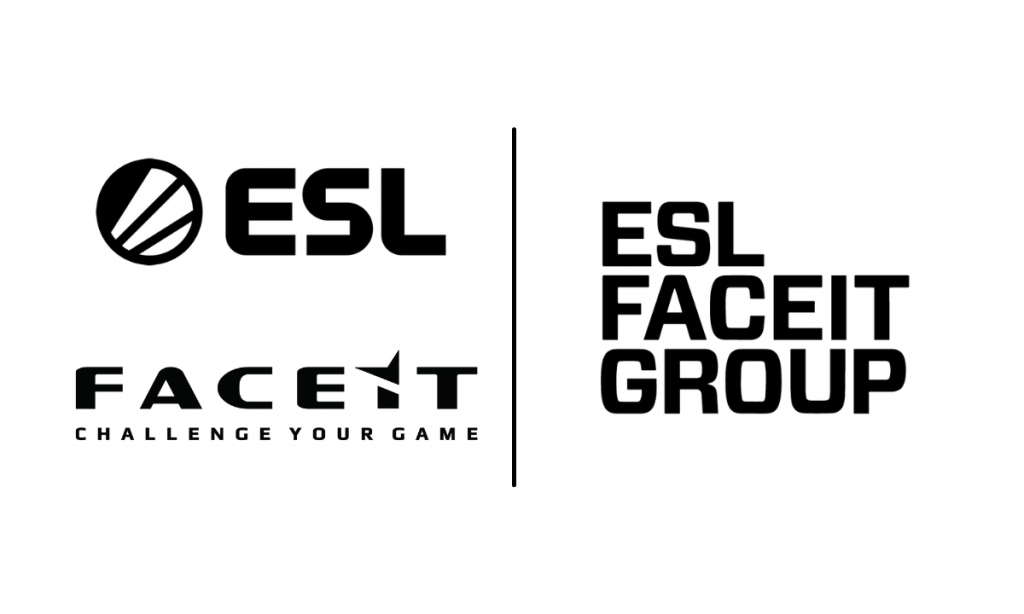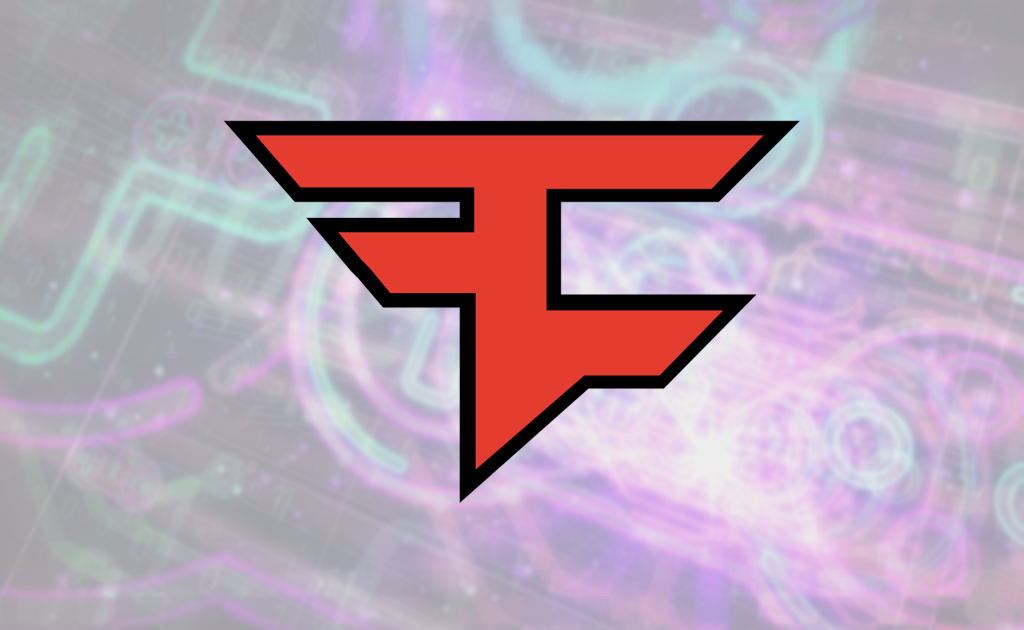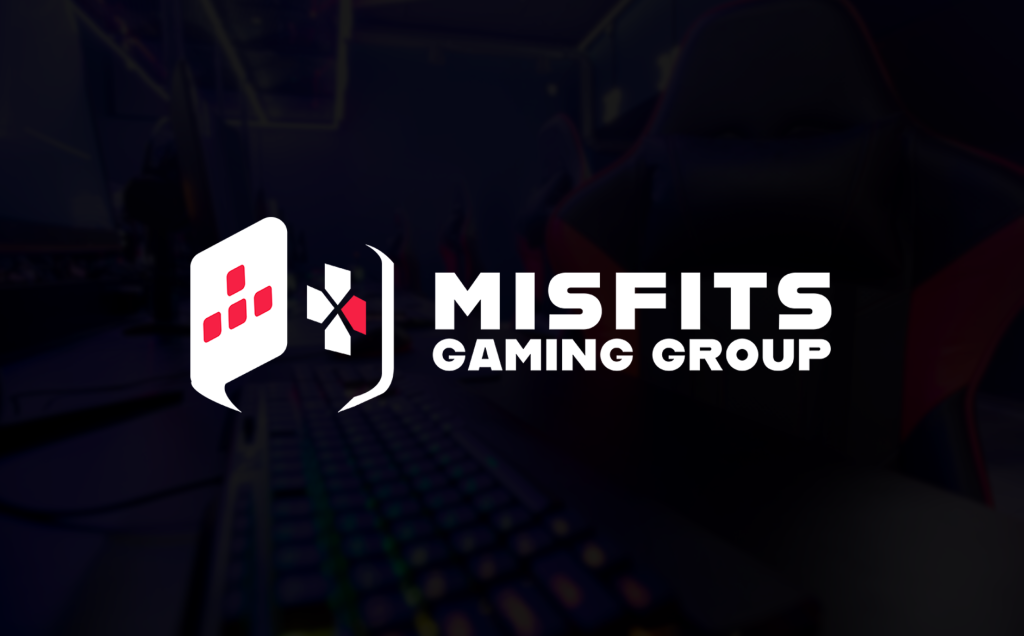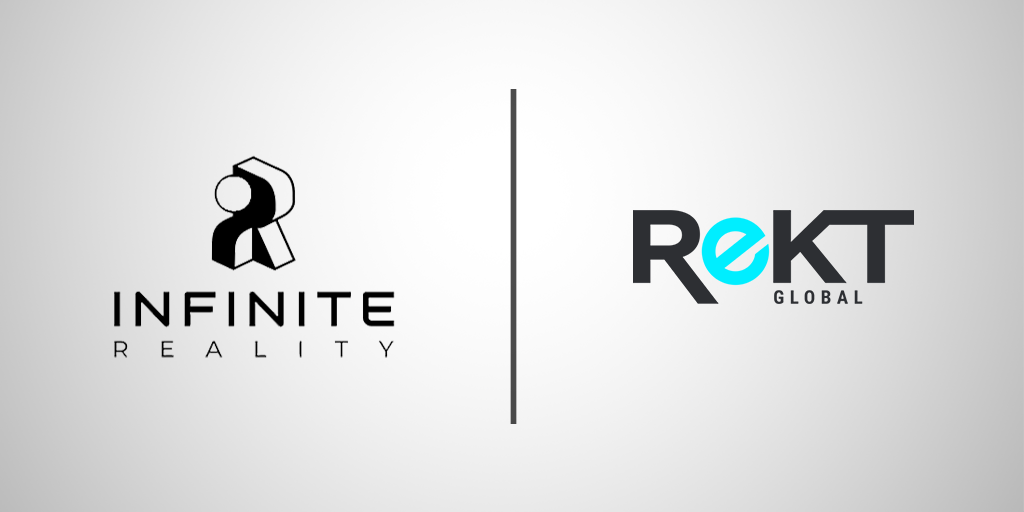
After two years of the pandemic, everyone in the esports industry expected 2022 to be a renaissance of sorts, and it delivered on this expectation, to a degree. The year started off with perhaps the most important merger in years, but investments have not kept up the pace throughout the year.
Still, we still saw some incredible moments, with FaZe Clan going public, Savvy Games Group announcing one of the largest esports investment funds ever, and ReKT Global getting acquired for almost half a billion dollars.
The formation of ESL FACEIT Group

The biggest investment story of 2022 is, without doubt, the acquisition and subsequent merger of ESL Gaming and FACEIT. The merger went down in January and resulted in the creation of the ESL FACEIT Group, one of the largest esports-focused companies in the world. The two companies were bought by Savvy Games Group, an investment company backed by the Saudi Arabian Government.
This merger, valued at over a billion dollars, enabled both ESL Gaming and FACEIT to continue working on their own projects. This, in turn, resulted in more investments into esports from the Group, most notably in mobile gaming through the Snapdragon Pro Series and into womens CS:GO through the ESL Impact series.
Overall, the merger can be seen as positive, but there has been criticism regarding the fact that the new owners of the Group are based in Saudi Arabia, a country that has come into criticism for ‘esportswashing’.
The merger was a sign of things to come, as SGG made headlines later on in the year by announcing a $39bn esports and gaming fund.
FaZe Clan goes public

There is no shortage of esports companies that are publicly traded on stock exchanges around the world. This can range from organisations such as Guild Esports to holding companies like OverActive Media, the owners of MAD Lions. Still, the news of FaZe Clan, arguably one most popular esports brands ever, going public, was a significant moment within esports
FaZe Clan went public on July 20, 2022 in a $725m SPAC merger. The overall value of the company was around $1b at the time, which made FaZe the first-ever esports unicorn, a term used by the startup world to describe a company whose worth exceeds $1b. FaZe also had a lot of things going for it in 2022 — the company had numerous teams in competitive titles, its CS:GO team won a Major just a couple of months prior to the merger, and partners such as Disney and Draft Kings were there to support FaZe.
Still, things arguably have fallen flat after the merger. In the last six months, FaZe stock dropped from a peak of $20 to $1, and the company’s market cap now is around $130m, a lot different from the peaks we saw this summer. FaZe Clan’s last regulatory filing even includes a grim sentence: “These conditions have raised substantial doubt about our ability to continue as a going concern.”
Major Moves for Misfits Gaming Group

Misfits Gaming Group (MGG), one of the most popular esports companies in North America and Europe, has made some drastic changes in 2022. The company started to turn away from competitive esports and more towards content creation. The shift in direction was apparent by two different major moves: MGG selling a large percentage of their slot in the LEC, Europe’s top flight League of Legends league, and then creating a multi-million dollar fund aimed at content creators.
The first move saw Misfits leave the LEC after being active since the league’s foundation in 2016. The slot was sold to Team Heretics, a Spanish esports organisation. Misfits Gaming Group still retained 20% of the franchise slot, and Heretics paid around $34m for their share. Misfits Gaming Group is still the owner of Florida Mutineers in the Call of Duty League, and Florida Mayhem in the Overwatch League and has a VALORANT roster.
After leaving the LEC, the company started a $20m creator fund which is open to any interested content creators. The new fund allows Misfits to finance a large number of different content creation projects, ranging from television and streaming to YouTube shows, conferences, merchandise lines and other ventures. This emphasises the shift towards content that Misfits announced when leaving the LEC.
ReKT Global acquired by Infinite Reality

ReKT Global, an esports holding company known for being the owners of London Royal Ravens and Rogue, was acquired this year by metaverse entertainment and production company Infinite Reality for $470m (~£360m). This is one of the largest sums paid for an esports company in history, and the merger saw all of ReKT’s properties integrated into Infinite Reality. This includes talent management, teams, technology products, esports teams, and marketing.
The merger puts Infinite Reality on the map as an important player in esports and gaming. Interestingly, Rogue, one of the esports teams that were once part of ReKT Global, has also entered a partnership with KOI which will see the Spanish brand enter the LEC this year. The Rogue brand will thus no longer be competing in the LEC, however, as part of the agreement its management structure and operations will be utilized.
It is also worth noting that Infinite Reality started trading publicly in December 2022.
FlyQuest acquired by Florida Panthers owners

North American esports organisation FlyQuest also changed ownership this year. The esports organisation was acquired by the Viola family office, the owners of the NHL team Florida Panthers. The new owners purchased FlyQuest from another prominent American sports figure, NBA’s Milwaukee Bucks’ Co-owner Wesley Edens, and the Fortress Investment Group.
FlyQuest is most known for being an organisation that focuses heavily on supporting eco-friendly causes and organisations, including non-profits. This has led the organisation to be known around the world as one of the more environmentally friendly esports teams, which is shown in its branding and overall approach to merchandise.
Although FlyQuest’s largest success came when the organisation qualified for the League of Legends World Championships in 2020, it also has a lot of potential for growth. This is echoed by the new owners, who want FlyQuest to expand into more esports titles in the near future.


